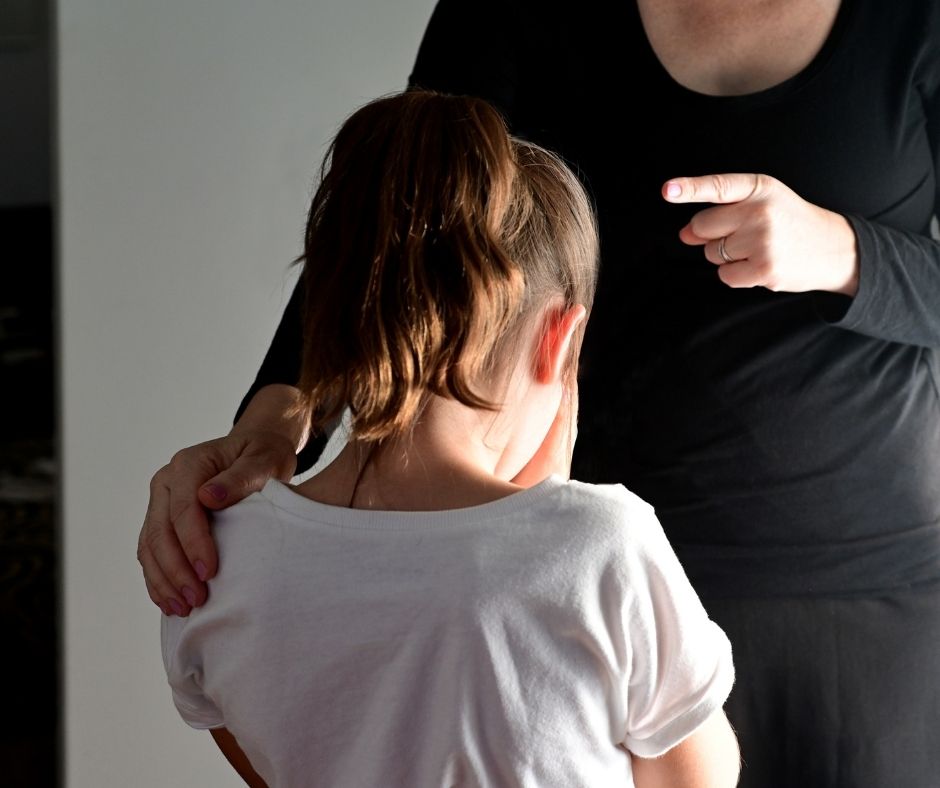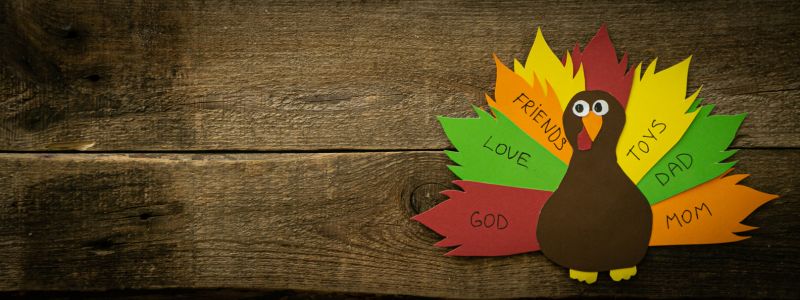10 Ways to Teach Kids Self-discipline in Austin
One of your jobs as parents is to teach your kid to behave. It’s a job that does take time and patience. But, it helps to know some effective and healthy discipline methods.
Your discipline techniques should not be around controlling your kid; instead, discipline needs to be about instructing your kid how to control themselves. Children who learn self-discipline will be better equipped to deal with life’s challenges, handle stress, and create healthy options even when you are not around.
What does self-discipline mean?
Even if a child is well-behaved doesn’t always mean they have self-discipline. Self-disciplined kids can pick to forgo instant satisfaction, and they can make good choices regardless of how they truly feel.
Children who have self-discipline can manage unpleasant emotions in a healthy approach. They have learned anger management ability and can deal with impulsive behavior. They can react respectfully when older people correct them and take responsibility for their behavior.

When children lack self-discipline, parents usually take more accountability for the kid’s conduct. Nagging a kid to do his assignments or making repetitive threats to try and encourage a child to perform chores often means a parent puts in more effort than the kid does to complete the task.
Teaching Children Self-Discipline Skills
Teaching kids self-discipline skills while they are young can help them all through their lives. Individuals who never learn self-discipline skills often have difficulties keeping healthy routines, even into adult life. Managing schoolwork, career, finance, and household responsibilities all involve self-discipline. People who lack self-discipline may fight with time management and money management problems.
10 Ways to Teach Kids Self-discipline in Austin
Begin as Early as Possible.
It is essential that when you teach your kid about self-discipline, you start early! The longer you wait to train self-control, the more undesirable habits to get over. Same for instructing study skills, high expectations, organizational skills, and playing honestly. For example, even young children can help clean up their toys.
Practice Routines.
Routines can help kids learn. Try to have easy routines that help children control their conduct. “Wash your hands,” “brush your teeth,” “put your coat on the hook.” As routines grow to be second nature, self-discipline does, as well.
Take Corrections Positively.
Educating kids to listen to corrections without defensiveness gives them the capacity to learn fast, not wasting time with lame excuses and squabbling, and then go to the next thing.

It takes confidence to learn. Give your children confidence.
Motivate Disciplined Actions.
Kids can have fun while learning confidence and engaging in actions involving self-discipline. For example, performing music, participating in a play, playing sports, and caring for a pet create self-discipline and achievement.
Provide Procedures
In school, teachers find that giving learners steps in a process, for example, multiplying three-digit numbers or painting a landscape, makes a complicated activity a lot more manageable. Children usually like the structure, and they are very likely to succeed. With your children, develop the steps to clean their bedroom, set the table, or brush their teeth.
Have Rules.
When imposing rules, make sure they are easy to follow for your kids. Rules like “Be punctual” Privileges depend on report card grades. Allowances predicated on house chores accomplished. Screen time only when homework is completed. Play nicely and fairly with each other.
Be a role model.
Being a role model is important. Show that you have learned self-control and manage yourself with discipline for your task.

Have time for play and hanging out with family and friends, but show that you’re reliable and responsible when it’s time for your duties. Children learn from watching us.
Have Rewards and Consequences.
Praise achievements regardless of how small. Kids wish to be successful, they want to please us, and our praise signifies something when it is earned. Be mindful because some children can recognize false compliments, which isn’t good and can cause issues. Additionally, have consequences when their conduct is not acceptable.
Teach About Short and Long-term Achievements.
Late self-gratification is considered one of humankind’s most challenging lessons. For example, it is better to celebrate right after your homework is completed instead of putting it off and having it clinging over your head as you watch TV.
Recognize that Learning Self-discipline is Hard.
Children tend to be thoughtless, they want what they want when they want it, and they will attempt to persuade you with cute and cunning methods. Show them that you love and appreciate them no matter what, but adhere to your high expectations. When they fall, help them start over with the slightest discouragement. Remember that we all learn from our errors.
Assist your kids now by training them on the skills and actions that will serve them well in the future. Self-discipline will come in handy at school, work, and beyond. It even makes fun more fun!




